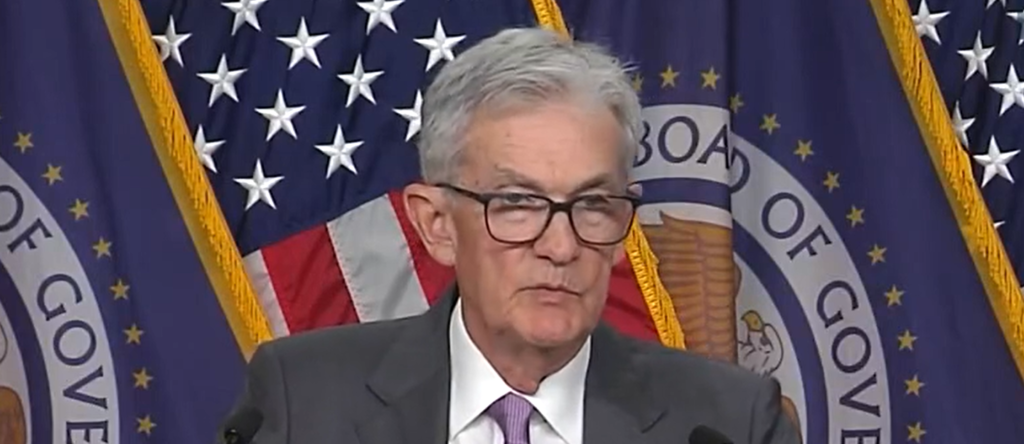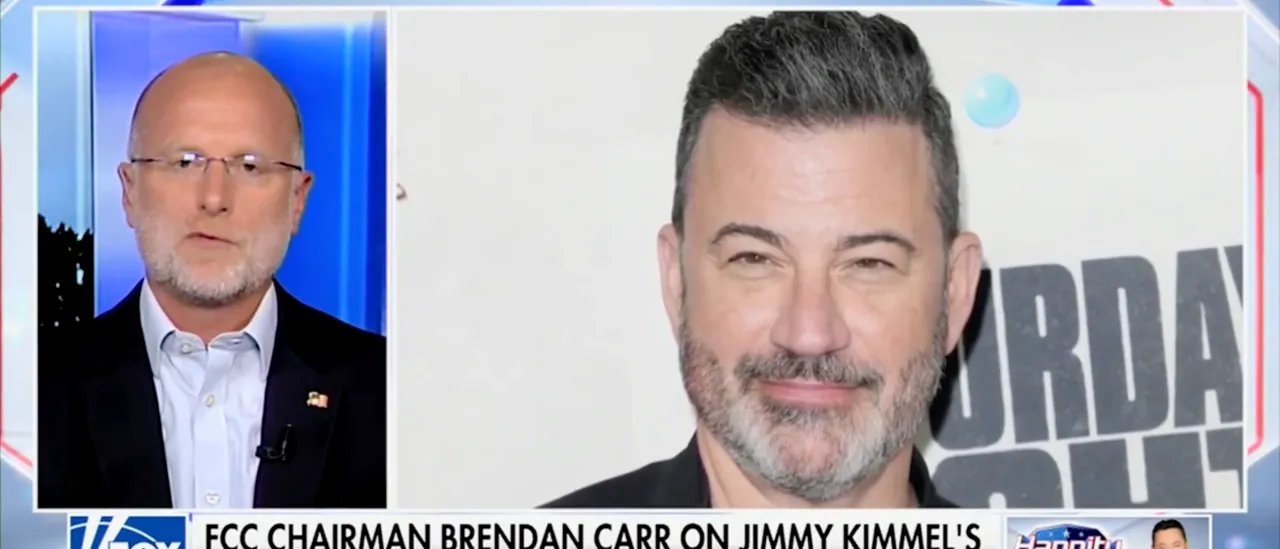With the U.S. stock market and markets around the world plummeting yesterday, now is a good time to explain how the inauguration of Vice President Kamala Harris and former President Donald Trump will affect the wallets and checkbooks of American conservatives.
Today, the market appears to be recovering a bit, but this market volatility is not good for U.S. industries or individual investors.
As the US political landscape shifts, investors are looking at potential Economic impact A Harris presidency and a Trump return: both scenarios present different paths for major industries, individual investors, and the economy as a whole. Let's analyze both scenarios.
First, let's consider the economic impact of a Harris presidency. She is known for advocating for increased regulation, especially in the health care sector. technology and financeWhile these regulations are intended to protect consumers and ensure fair competition, they may also lead to increased compliance costs and reduced profitability, especially for technology and financial companies. Greater scrutiny could lead to changes in industry practices and innovation.
Harris also voiced her support for a balanced energy policy, Renewable energy She opposes efforts to support the continued use of fossil fuels such as natural gas. Recently, she said she would not ban hydraulic fracturing, reflecting a politically pragmatic approach to preserving energy sector jobs while advancing environmental goals. This dual strategy aims to support the transition to cleaner energy without disrupting existing energy infrastructure.
Let's now consider the likely economic policies and market reactions if Trump returns. His economic policies focus on deregulation and revitalizing American manufacturing and energy production. He advocates deregulating the oil and gas industry, Expansion of domestic energy projectsThis includes offshore drilling, an approach that is expected to benefit the traditional energy sector, manufacturing and automotive industries, reduce operational costs and boost economic growth.
The big change is that Trump Accepted CryptocurrenciesTrump has voiced his support for digital assets, including accepting Bitcoin donations for his election campaign. Trump's support for digital assets is an interesting generational strategy, particularly targeting younger demographics that do not typically align with his base. This support signals policies that would promote regulatory support and infrastructure for cryptocurrencies and position the United States as a leader in the digital economy. Trump's interest in cryptocurrencies, along with his surprising support for eliminating taxes on restaurant employee tips, highlight his unique focus on increasing disposable income among an often overlooked demographic of young workers.
Additionally, J.D. Vance serving as Trump's vice president could have potential ramifications for the tech industry. Enter the world of technology He could have a major impact on how the administration approaches technology policy. From Peter Thiel Vance's comments and those of other tech industry figures suggest a more nuanced technology policy under a Trump-Vance administration could include favorable terms for tech companies, balancing deregulation with strategic oversight to promote innovation and address concerns about data privacy and market competition. Additionally, Vance's Silicon Valley ties could encourage more active engagement with emerging technologies such as artificial intelligence and blockchain, consistent with Trump's broader pro-business and deregulatory stance.
The potential presidencies of Harris and Trump present contrasting economic visions. Harris' policies would likely lead to increased regulation and a focus on renewable energy, which could pose challenges to traditional sectors but would support environmental sustainability. In contrast, Trump's approach would likely favor deregulation, the traditional energy sector, and the expansion of the cryptocurrency market.
A Harris win would see markets hit by increased regulation, potentially slowing growth in some sectors while boosting green technology and health care reform.
A Trump victory would likely see the continuation of business-friendly policies such as tax cuts and deregulation, which could stimulate sectors such as consumer cyclicals, energy and technology, along with a boost from the burgeoning cryptocurrency market.
Investors should consider these potential outcomes and diversify their portfolios to weather the uncertainty of the upcoming election. Staying informed about policy developments is critical to making strategic investment decisions.
As we approach this crucial election in November, I predict every American will be asking themselves: “Am I better off financially now than I was four years ago?” We all know the answer to that question is: no, we're not.
Bob Rubin is the founder and president of Rubin Wealth Management. Lubinwa.
The views and opinions expressed in this commentary are those of the author and do not necessarily reflect the official position of the Daily Caller News Foundation.
As an independent, nonpartisan news service, all content produced by the Daily Caller News Foundation is available free of charge to any legitimate news publisher with a large readership. All republished articles must include our logo, reporter byline, and affiliation with the DCNF. If you have any questions about our guidelines or partnering with us, please contact us at licensing@dailycallernewsfoundation.org.







